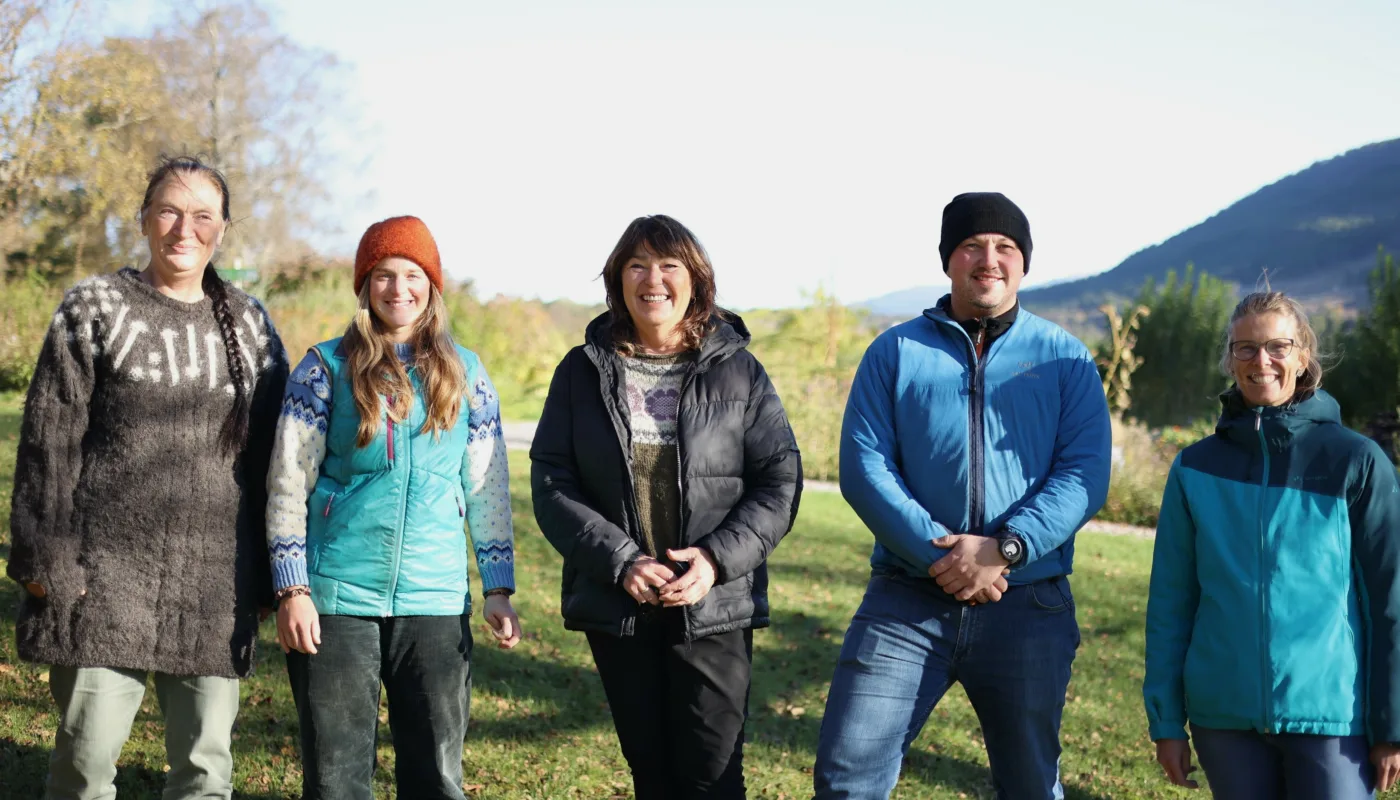Is separated cattle manure better as fertilizer than peat in the horticultural production?
Peat extraction has serious environmental consequences but remains the most popular growing medium in commercial and private horticulture. Concurrently, the practice of separating manure into solid and liquid fractions is rising. The solid fraction has potential as a growing medium after composting, and in this project, NORSØK will explore this possibility.

In this project, we will explore whether the solid fraction of separated cattle manure can serve as an alternative to peat in horticultural production. The project will be conducted in close collaboration with three framers in the Nordmøre region, in Norway.
The research will address several key questions.
First, we will assess the properties of the solid manure fraction and explore its suitability for composting. This will include investigations into sanitization during the composting process and the time required to achieve stable and mature compost, both through outdoor rank composting in the autumn/winter climate of Nordmøre and under controlled laboratory conditions.
Second, we will evaluate the quality of the mature compost, including physical and chemical properties such as water retention capacity and nutrient concentration. The mature compost will be tested as growth media for selected vegetable plants. Plant’s growth and development will be assessed.
Development of peat-free products for horticultural production will be able to strengthen the economy of livestock producers and at the same time contribute to achieving the authorities' goal of phasing out peat-based products.
The project's results will be presented in a report and disseminated to relevant user groups, including farmers and horticulturists.

Project Details
Project details
| Project number: | RFF347906 |
|---|---|
| Project coordinator: | Rådgiver |
| Project staff NORSØK: | Kirsty McKinnon and Tatiana Rittl |
| Funding: | RFF Møre og Romsdal |
| Project period: |

